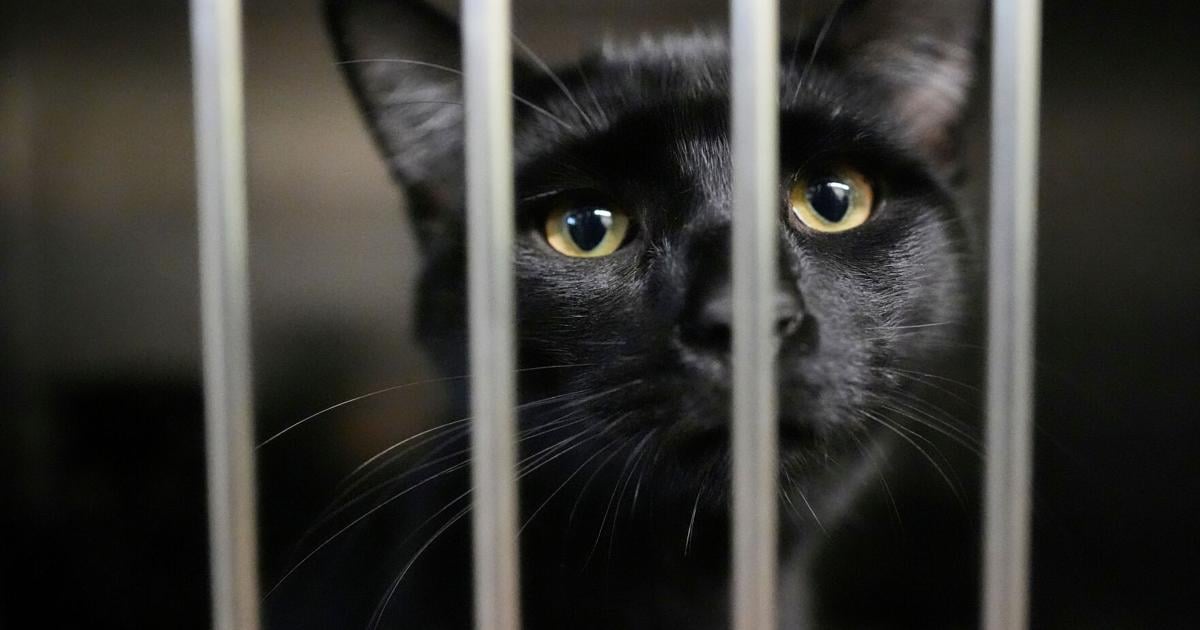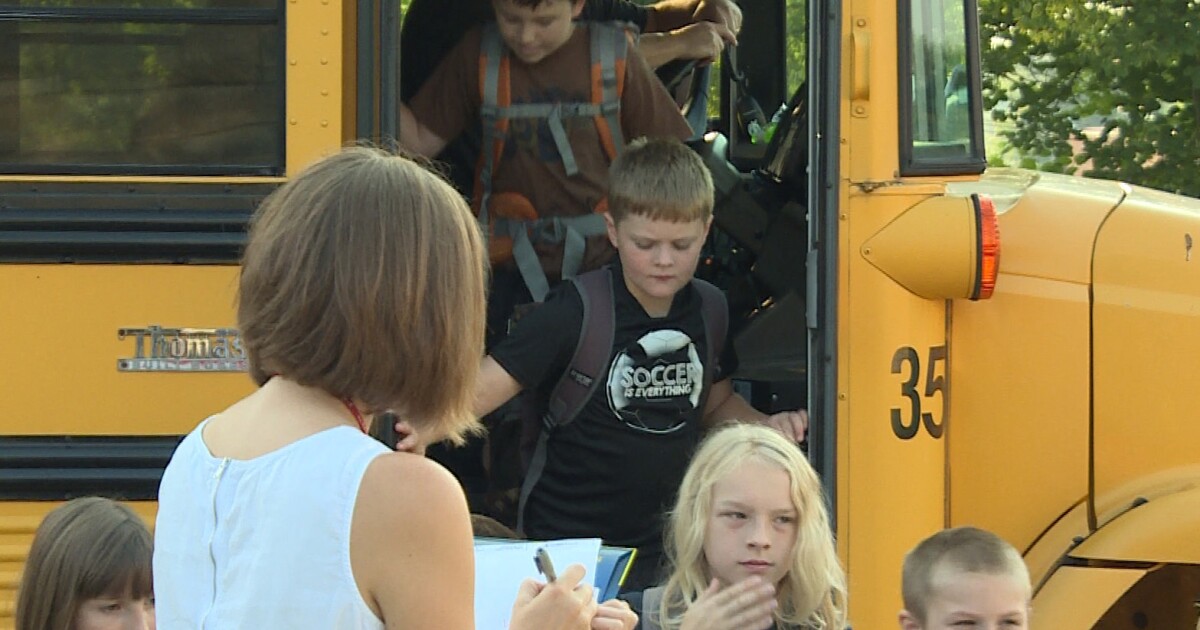Families on SNAP Concerned About Feeding Themselves and Their Pets


Aid Initiatives Emerge Amid SNAP Payment Disruptions During Historic Government Shutdown
NEW ORLEANS (AP) — As the repercussions of the longest government shutdown in United States history continue to ripple through communities, families are facing unprecedented challenges in meeting their nutritional needs. Among those affected is Sarah Lungwitz, a mother of two teenage daughters, who has seen her Supplemental Nutrition Assistance Program (SNAP) payments delayed. This issue is compounded by her responsibility for feeding not only her children but also her family pets, including a cat and two dogs.
The SNAP program, which is designed to assist low-income families in purchasing food, has become a critical support system for millions of Americans. However, the ongoing government shutdown has resulted in late disbursements, leaving many families in precarious financial situations. For Lungwitz, the delays were not just a logistical inconvenience but a source of anxiety, as she worried about providing adequate meals for her family amid rising food prices.
In response to this growing crisis, various nonprofit organizations and community volunteers have stepped in to provide much-needed assistance. Last week, an Illinois-based nonprofit organization arranged for volunteers to deliver grocery gift cards to families struggling to make ends meet. Lungwitz reported that this intervention has offered her a temporary reprieve, allowing her to purchase essential groceries and pet food during this difficult period.
The situation reflects a broader issue in the United States, where food insecurity remains a pressing concern. According to recent statistics from the U.S. Department of Agriculture, over 35 million Americans experienced food insecurity in recent years, a number that has surged during the COVID-19 pandemic and subsequent economic downturns. Such conditions exacerbate existing vulnerabilities, particularly among low-income households.
As the government shutdown persists, experts raise alarms about the potential long-term implications for food assistance programs. Advocates for food security urge policymakers to prioritize the restoration of SNAP payments and explore more sustainable solutions to support vulnerable populations. The reliance on nonprofit organizations and community support networks highlights the critical role of grassroots efforts in combatting food insecurity, especially in times of crisis.
The plight of families like that of Sarah Lungwitz serves as a reminder of the urgent need for comprehensive policies that ensure food security for all Americans, regardless of the economic climate. While immediate solutions are being implemented by community volunteers, sustained efforts are essential to address the systemic issues contributing to food insecurity in the United States.





